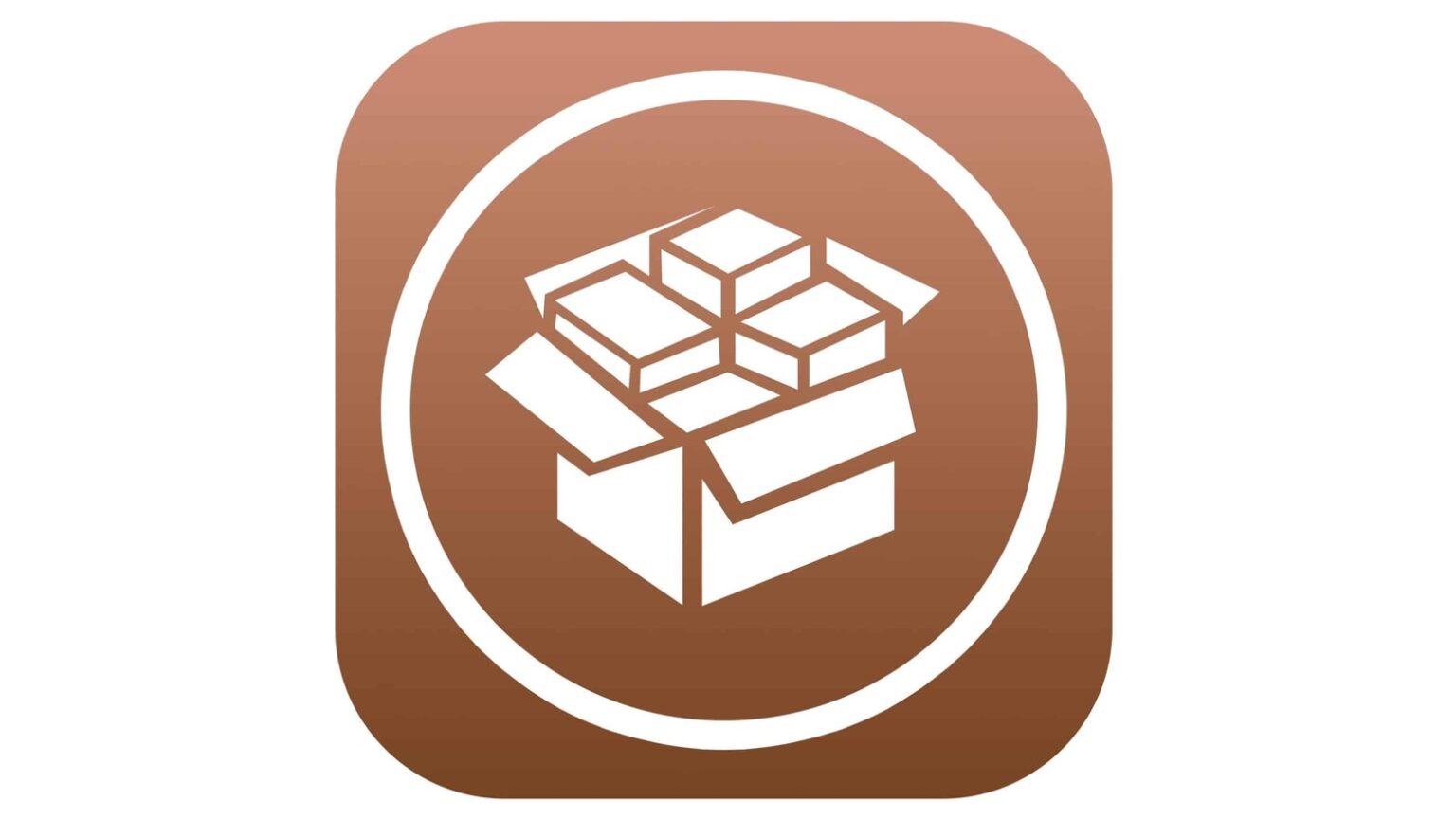Jay Freeman, developer of the Cydia software store for the iPhone, filed a lawsuit accusing the Apple App Store of being a monopoly. His company asks a U.S. District Court to force Apple to let iPhone users get apps from rival software stores.
The lawsuit from Freeman’s company, SaurikIT, doesn’t pull any punches. “Apple has wrongfully acquired and maintained monopoly power in the market (or aftermarket) for iOS app distribution, and in the market (or aftermarket) for iOS app payment processing,” reads the SaurikIT v. Apple lawsuit (.pdf). “Apple has frozen Cydia and all other competitors out of both markets, depriving them of the ability to compete with the App Store and to offer developers and consumers better prices, better service, and more choice.”
Freeman is asking for open markets for iOS application distribution. And he wants to recover “the enormous damages Apple caused.“
Cydia was critical when iPhone jailbreaking was popular
The first year the iPhone was available, it didn’t support installing third-party software, just web apps. That’s when Freeman created Cydia, which allowed real applications to be installed. When Apple changed course and created the App Store, the company insisted that it be the only source of third-party iPhone software. It’s been that way ever since.
In the early days of the iPhone, hackers would find ways around this restriction, allowing the installation of applications that wouldn’t pass Apple’s strict guidelines, as well as themes, tweaks and more. This was called jailbreaking.
As time passed, though, interest in jailbreaking and Cydia nearly died out in the general public. The features that were once only available to jailbroken iPhones — like video recording, useful settings toggles, custom ringtones and enhanced multitasking — are now part of iOS.
A new push for App Store rivals
But Cydia has new hope, as government regulators around the world have began criticizing the App Store’s lock on iPhone app distribution. The Judiciary antitrust subcommittee of the U.S. House of Representatives wrote in October 2020, “In the absence of competition, Apple’s monopoly power over software distribution to iOS devices has resulted in harms to competitors and competition, reducing quality and innovation among app developers, and increasing prices and reducing choices for consumers.”
EU regulators have also expressed displeasure with the App Store.
The SaurikIT v. Apple lawsuit asks that the iPhone-maker be ruled an illegal monopoly that’s in violation of the Sherman Act. If that happens, the court could order Apple to spin off the App Store as a separate company and/or allow rival iPhone software stores.
Via: Washington Post


